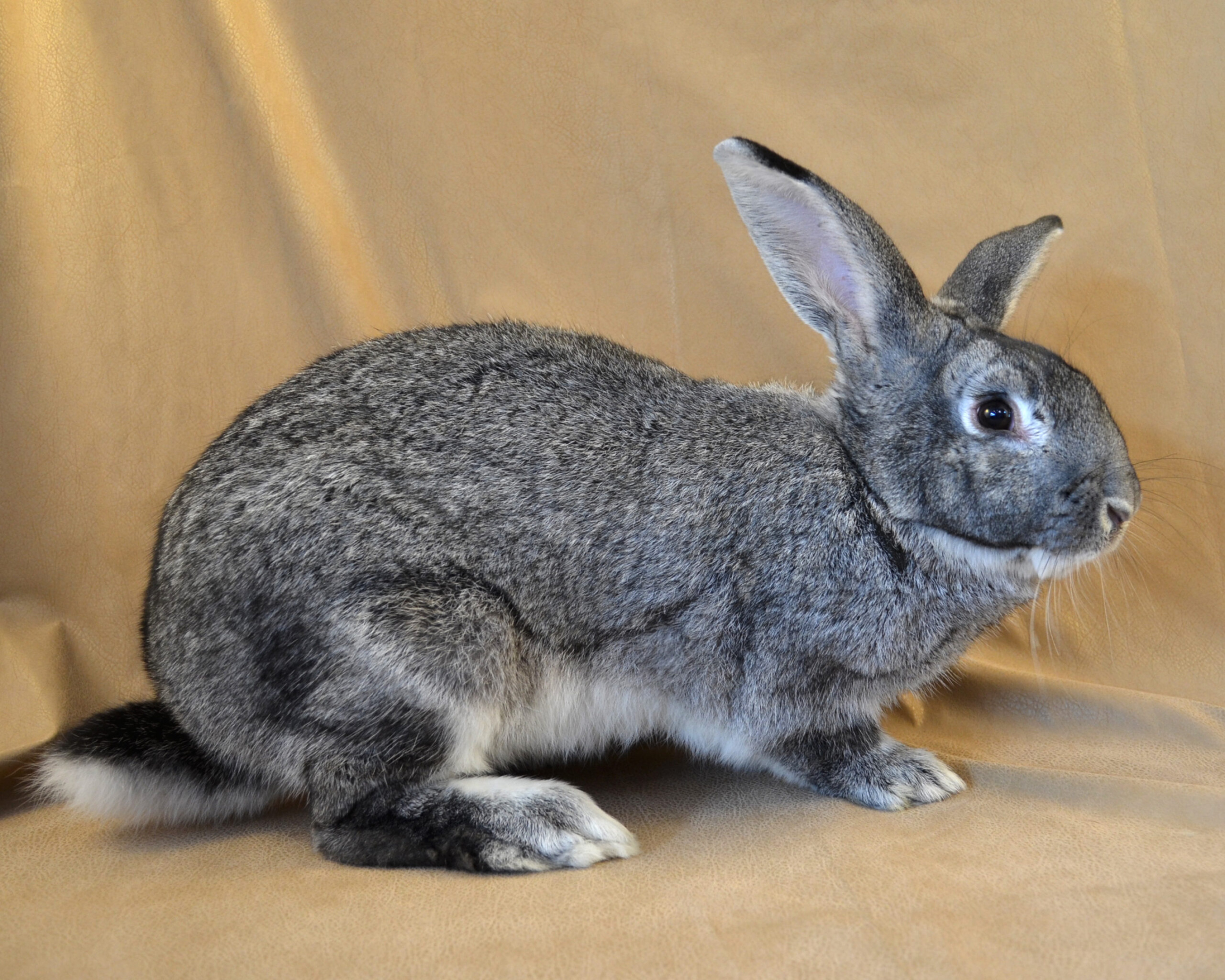What is a Chinchilla Rabbit?
A chinchilla rabbit is a breed of domesticated rabbit that is known for its beautiful silver-grey fur, which resembles the fur of the chinchilla rodent. These rabbits are highly sought after as pets due to their unique and striking appearance. In this article, we will explore the characteristics, care requirements, and common questions about chinchilla rabbits.

Characteristics of Chinchilla Rabbits
Chinchilla rabbits are medium-sized rabbits with a compact and rounded body shape. They have short, dense, and soft fur that is predominantly silver-grey. Their fur is often described as pearlized or tipped due to the black ticking on the tips of each hair, giving them a shimmering effect. Some chinchilla rabbits may have a white underbelly, while others may have a cream or beige tint.
In addition to their unique fur, chinchilla rabbits have large, expressive eyes that are typically dark brown or black. Their ears are upright and straight, giving them an alert and curious appearance. Chinchilla rabbits also have a calm and gentle temperament, making them well-suited as family pets.
Care Requirements for Chinchilla Rabbits
Chinchilla rabbits have specific care requirements to ensure they lead happy and healthy lives. Here are some important aspects to consider if you are thinking of getting a chinchilla rabbit as a pet:
1. Housing:
Chinchilla rabbits should have a spacious and well-ventilated enclosure to allow for exercise and movement. A minimum of four square feet of space per rabbit is recommended. The enclosure should also have a separate area for sleeping and a litter tray for easy waste management.
2. Diet:
Chinchilla rabbits require a diet that is high in fiber. This can be provided through a combination of hay, fresh vegetables, and commercial rabbit pellets. It is important to avoid feeding them sugary or starchy treats, as this can lead to digestive issues.
3. Grooming:
The dense fur of chinchilla rabbits requires regular grooming to prevent matting and maintain its luster. Brushing their fur a few times a week is essential to remove loose hairs and prevent hairballs. Additionally, chinchilla rabbits’ nails should be trimmed regularly to prevent overgrowth.
4. Exercise:
Chinchilla rabbits are active animals that require regular exercise to stay healthy. Providing them with opportunities for supervised free-roaming or setting up an enclosed exercise area with tunnels and toys can help fulfill their need for physical activity.
Frequently Asked Questions about Chinchilla Rabbits
1. Are chinchilla rabbits suitable for children?
Yes, chinchilla rabbits can make great pets for children. They are generally calm and gentle, making it easier for children to handle and interact with them. However, adult supervision is always recommended to ensure the safety and well-being of both the child and the rabbit.
2. Can chinchilla rabbits be kept outdoors?
Chinchilla rabbits are not well-suited for outdoor living, especially in extreme weather conditions. They are more comfortable and safe when kept indoors, where the temperature and environment can be controlled. However, supervised outdoor playtime in a secure and predator-free area can be enjoyable for them.
3. How long do chinchilla rabbits live?
On average, chinchilla rabbits have a lifespan of 8 to 12 years when provided with proper care and a healthy diet. Some rabbits may even live longer. Regular veterinary check-ups, a balanced diet, and a stress-free environment can contribute to their longevity.
4. Can chinchilla rabbits be litter-trained?
Yes, chinchilla rabbits can be litter-trained with patience and consistency. By providing a litter tray and encouraging them to use it, they can learn to associate the tray with their toilet area. Positive reinforcement, such as treats or praise, can help reinforce this behavior.
In conclusion, chinchilla rabbits are unique and beautiful pets that require specific care to thrive. By providing them with a suitable living environment, a balanced diet, regular grooming, and opportunities for exercise, you can ensure that your chinchilla rabbit leads a healthy and fulfilling life.
Related Articles…
Copyright Notice:
All images featured on this site are sourced from the internet, copyrights belong to respective owners. Should you own any image and require it to be removed, please contact us.